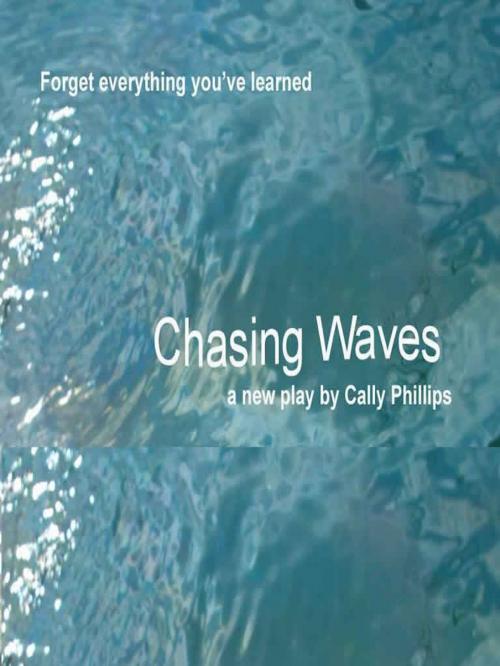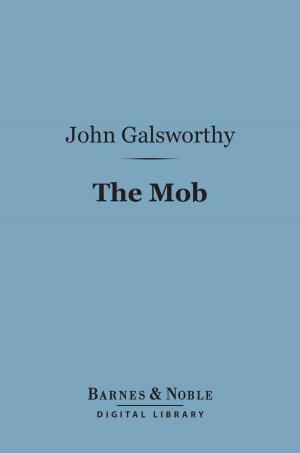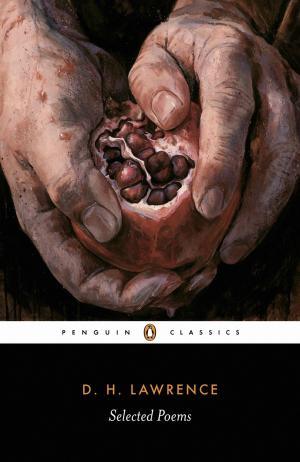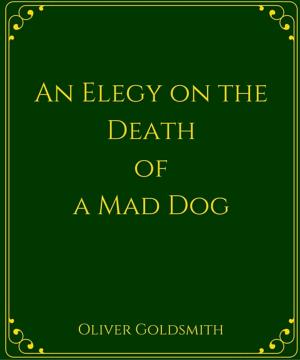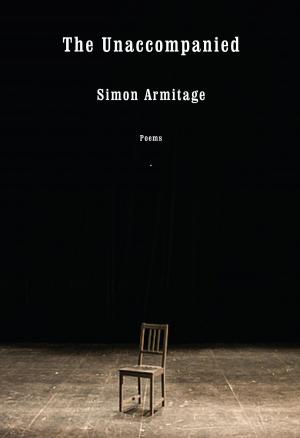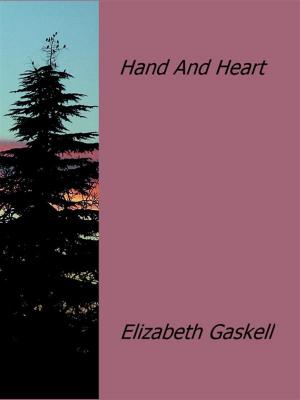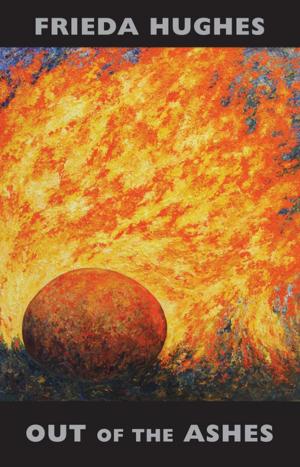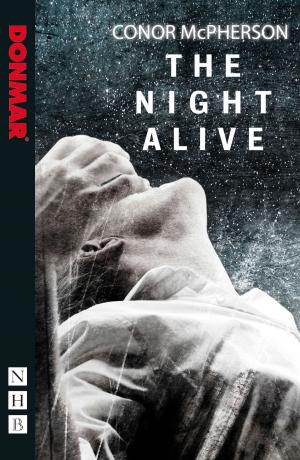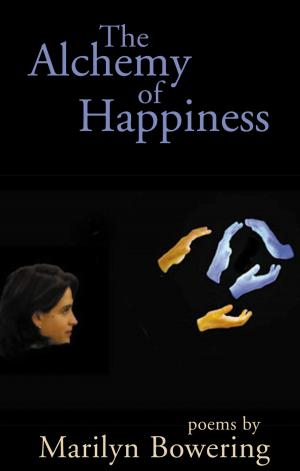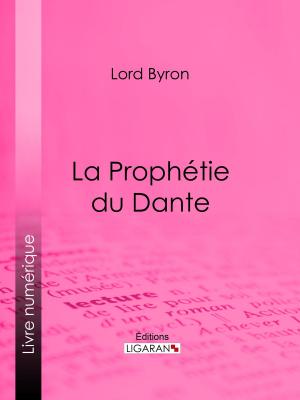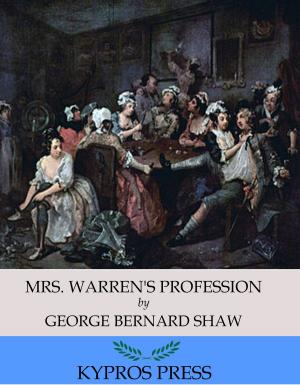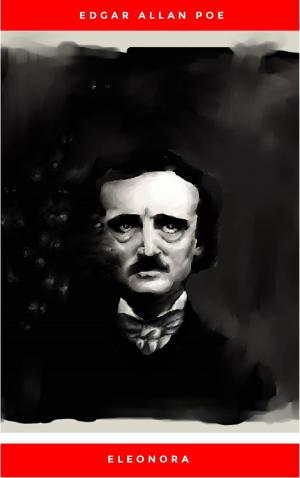Chasing Waves
Nonfiction, Entertainment, Theatre, Playwriting, Fiction & Literature, Drama, British & Irish| Author: | Cally Phillips | ISBN: | 9780956683878 |
| Publisher: | HoAmPresst Publishing | Publication: | October 18, 2013 |
| Imprint: | Language: | English |
| Author: | Cally Phillips |
| ISBN: | 9780956683878 |
| Publisher: | HoAmPresst Publishing |
| Publication: | October 18, 2013 |
| Imprint: | |
| Language: | English |
Two men. One box. The possibilities are endless. So forget everything you’ve ever learned and come on the hunt for Higgs Boson with two characters who may or may not be philosopher of language Ludwig Wittgenstein and quantum physicist Erwin Schrödinger . Exploring the nature of character and the relationship between author, character and audience, Chasing Waves (2004) sits firmly in the absurdist tradition of theatre. Faced with what appears to be an ordinary cardboard box, the two characters embark on an extraordinary journey in search of understanding which leads them to and us to explore: Who are we? Where are we going? What’s in the box? and most importantly What is the box?
The ebook edition also includes extras and the script for the unproduced 1995 short drama Benito Boccagnegra’s Big Break.
What reviewers have said:
Jan Needle (on IEBR site) http://bit.ly/Q1umP2
The power of the writing is enough to make one feel one is in a theatre, and visualising this bizarre debate between two philosophers and a box that may or not contain a cat, which may or not be dead (or indeed alive) is no problem at all. The argument is stimulated by bits of action, which, while necessarily small, are extremely funny.
For the intellectual reader a genuine feast, for someone who just wants to read a beautifully engaging play, a palpable hit.
Bill Kirton (full review forthcoming)
Chasing Waves has only two characters, but they’re called Wittgenstein and Schrodinger, so we know what to expect right from the start. Except that, while it’s a play about thought, knowledge, understanding and meaning (in short, philosophy), it’s also funny, thought-provoking, involving and entertaining.
The author’s ‘Extras’, i.e. notes on the production and for the enlightenment of her actors, offers the clearest exposition of quantum theory I’ve ever read (and as I write that, it’s important to know that, as a non-scientist, I’ve read countless books which claim to ‘popularise’ science and which have left me as ignorant as when I began).
Two men. One box. The possibilities are endless. So forget everything you’ve ever learned and come on the hunt for Higgs Boson with two characters who may or may not be philosopher of language Ludwig Wittgenstein and quantum physicist Erwin Schrödinger . Exploring the nature of character and the relationship between author, character and audience, Chasing Waves (2004) sits firmly in the absurdist tradition of theatre. Faced with what appears to be an ordinary cardboard box, the two characters embark on an extraordinary journey in search of understanding which leads them to and us to explore: Who are we? Where are we going? What’s in the box? and most importantly What is the box?
The ebook edition also includes extras and the script for the unproduced 1995 short drama Benito Boccagnegra’s Big Break.
What reviewers have said:
Jan Needle (on IEBR site) http://bit.ly/Q1umP2
The power of the writing is enough to make one feel one is in a theatre, and visualising this bizarre debate between two philosophers and a box that may or not contain a cat, which may or not be dead (or indeed alive) is no problem at all. The argument is stimulated by bits of action, which, while necessarily small, are extremely funny.
For the intellectual reader a genuine feast, for someone who just wants to read a beautifully engaging play, a palpable hit.
Bill Kirton (full review forthcoming)
Chasing Waves has only two characters, but they’re called Wittgenstein and Schrodinger, so we know what to expect right from the start. Except that, while it’s a play about thought, knowledge, understanding and meaning (in short, philosophy), it’s also funny, thought-provoking, involving and entertaining.
The author’s ‘Extras’, i.e. notes on the production and for the enlightenment of her actors, offers the clearest exposition of quantum theory I’ve ever read (and as I write that, it’s important to know that, as a non-scientist, I’ve read countless books which claim to ‘popularise’ science and which have left me as ignorant as when I began).
